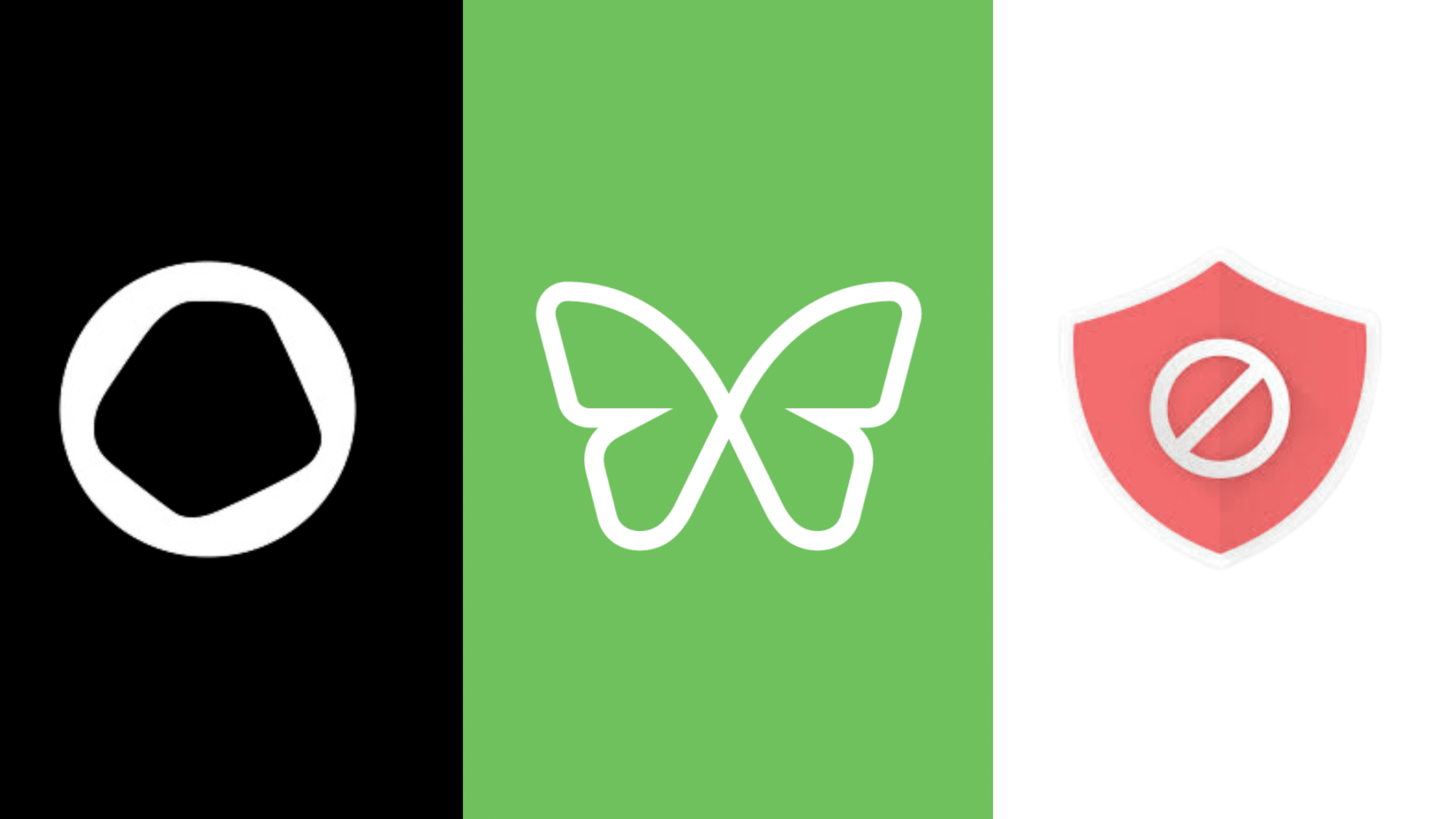Pamela Paul on the Lost Art of Boredom

The NY Times Books editor on the things tech has taken from us – and how we can reclaim some of them
Remember all those ingrained habits, cherished ideas, beloved objects, and stubborn preferences from the pre-Internet age? They’re gone.
To some of those things we can say good riddance. But many we miss terribly. Whatever our emotional response to this departed realm, we are faced with the fact that nearly every aspect of modern life now takes place in filtered, isolated corners of cyberspace—a space that has slowly subsumed our physical habitats, replacing or transforming the office, our local library, a favorite bar, the movie theater, and the coffee shop where people met one another’s gaze from across the room.
Even as we’ve gained the ability to gather without leaving our house, many of the fundamentally human experiences that have sustained us have disappeared.
These things that we’ve lost to the world of cyberspace are collected in the latest book from Pamela Paul, editor of The New York Times Book Review. In her ode to an analog time gone by, Pamela laments on the disappearances, both big and small, of those once everyday objects and occurrences – and what that means for us now.
There are the small losses: postcards, the blessings of an adolescence largely spared of documentation, the Rolodex, and the genuine surprises at high school reunions. But there are larger repercussions, too: weaker memories, the inability to entertain oneself, and the utter demolition of privacy.
100 Things We’ve Lost to the Internet is at once an evocative swan song for a disappearing era and, perhaps, a guide to reclaiming just a little bit more of the world IRL.
We were super excited to sit down with Pamela and find out what led her to write the book, what she’d learned in the process, and how we can recover some of those things that tech has taken from us – before it’s too late!
What inspired you to write 100 Things We’ve Lost to The Internet? Was there one moment in particular that prompted you to examine your relationship with technology?
The book began with an op-ed for The New York Times that in my mind, was titled “The Lost Art of Boredom,” though in the end was called Let Children Get Bored Again.
The idea was basically now that we have the Internet in our pockets at all times (i.e. the portable Internet or “phone” as we quaintly call it), we are always equipped with a boundless amount of information, entertainment, and interaction, which essentially strips off any unused downtime.
We have lost the presence of bored time, which took up huge swathes of time in the Before Times – time spent waiting in line, time spent sitting in the backseat of station wagons, time spent without input. And until we stop that input, we don’t get output. Meaning, we don’t have to muster our own resources and creativity to generate ideas. That’s the lost art.
So that became Chapter One in a book of 100 short chapters about what else we’ve lost.
You write of the decline in boredom making us less imaginative and resourceful. What are some of the rules or boundaries you’ve set yourself to help preserve time for being bored?
I don’t keep a digital device in the bedroom. I try to preserve at least part of my commute to silence, whether I’m walking or driving. After work, I stay off-screen as much as possible.
Until we stop that boundless input, we don’t get output.
We no longer have to muster our own resources and creativity to generate ideas. That’s the lost art.
What piece of research regarding boredom, technology, and creativity have you found most astounding?
The extent to which technology companies have infiltrated schools and the manner in which schools have capitulated to these blatant marketing efforts is frankly astonishing and depressing.
The people charged with teaching children are instead selling them out, often in response to pretty weakly argued marketing messages. One of the saddest effects of this is the shrinking of school libraries and the statistics about how many fewer librarians schools employ.
What is the one thing you miss the most about pre-internet days?
I miss the ability to be in one place at one time, physically and mentally, without the sense that there are dozens if not hundreds of other people knocking at the virtual door, trying to get your attention – whether that’s in the form of texts, unanswered emails, social media updates, the news or random websites.

What has been the most surprising or interesting reaction to the book?
I’ve been delighted that younger people – digital natives – have responded to the book with such positivity. They don’t feel attacked or left out of this conversation. If anything, it resonates with them and I think we underestimate sometimes just how profoundly affected they are by not having experienced life in a pre-Internet era.
What are your biggest distractions while writing and how do you conquer them?
My biggest distractors are emails and texts because I’m an In Box Zero person. You know how you look at some people’s phones and see a red bubble with “1,422” next to the phone or email icon? I actually don’t think I could tolerate that. If mine isn’t zero at all times, I’m not able to focus. So that means as soon as something comes in, I need to attend to it, or it will bother me.
You can imagine how well that works in terms of distraction, which of course, is pretty ironic. I can’t get distracted by the distraction so I distract myself by getting rid of it! I know it doesn’t make much sense.
Your job requires you to have an online presence – how do you find a balance between being connected and overwhelmed?
I am online for work and offline for pleasure. I really do not use the Internet that much for “fun” and that’s deliberate. I’m sure there are plenty of fun things on there, but there are also fun things offline. And since there are too many choices in life already, this narrowing of choices makes life easier for me.
I’ve been delighted that the book has resonated with digital natives… I think we underestimate just how profoundly affected they are by not having experienced life in a pre-Internet era.
What would you recommend as a first step for someone who wants to improve their relationship with technology and reclaim a little more of the real world?
Before you upgrade or add something to your phone or your digital life generally ask yourself, “Do I need this? Am I currently unhappy with my options?”
We don’t need to add the latest digital gizmo just because it exists. We should be just as skeptical of every new app and digital product as we are of the latest cut in jeans or skin cream. These are products and services that are being sold to us, and we should be informed and sophisticated consumers.
What environments are most productive for you?
I can work pretty much anywhere as long as nobody is looking over my shoulder. Or even standing there, looking like they are looking over my shoulder. I hate the feeling of someone reading something I’m working on before I’m ready for it to be read. That’s one reason why I do not like google docs or shared CMSs. People should be able to do their work on their own until they are ready to share. What goes by the name of “collaboration” in Big Tech software terms is really about not allowing freedom of individual thought.
What do you do outside of your work routine that helps you stay productive?
I love to sleep.
What projects are you currently working on that you are most excited about?
My first picture book for children came out last year and I now have two more picture books in the works.
I have found writing children’s books and creating stories in tandem with an illustrator to be among the most creative and rewarding experiences as a writer I’ve had in my life. I don’t know if I could make up an entire adult novel, but I love the smaller creative exercise of imagining a story for children. It’s very freeing, as a journalist, to be able to make things up!

Pamela Paul is the editor of The New York Times Book Review and oversees all books coverage at The New York Times, which she joined in 2011 as the children’s books editor. She is also the host of the weekly Book Review podcast for The Times.
She is the author and editor of eight books and her work has appeared in The New York Times, The New York Times Magazine, The Washington Post, The Atlantic and Vogue. For more on Pamela, visit her website, follow her on Twitter, Instagram, or Facebook.




